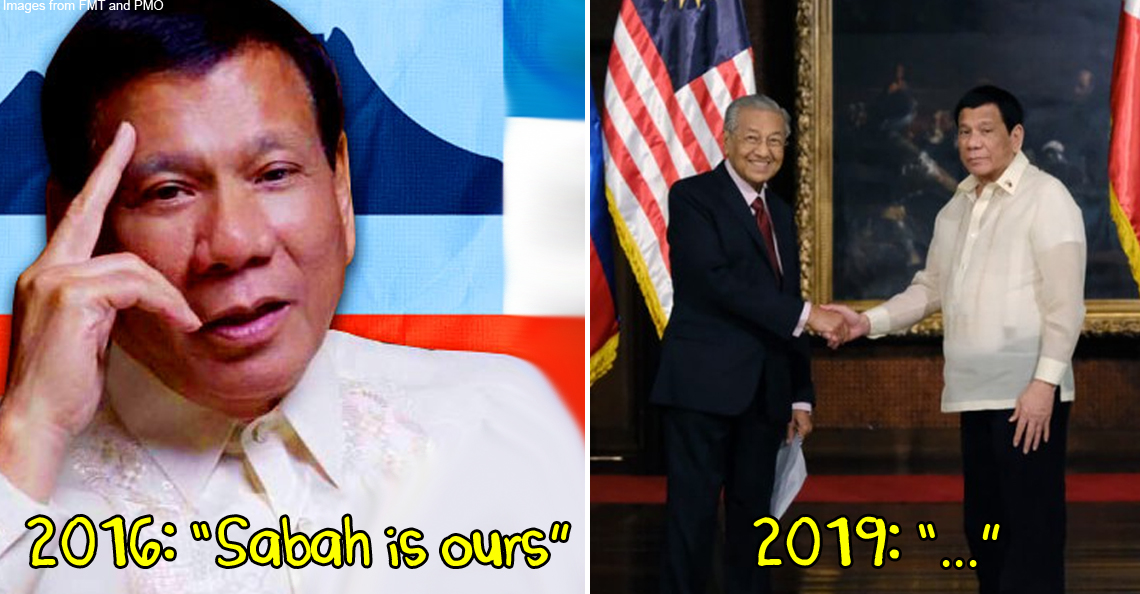Britain’s role in forming Israel: How it taught Henry Gurney to fight Malayan Communists
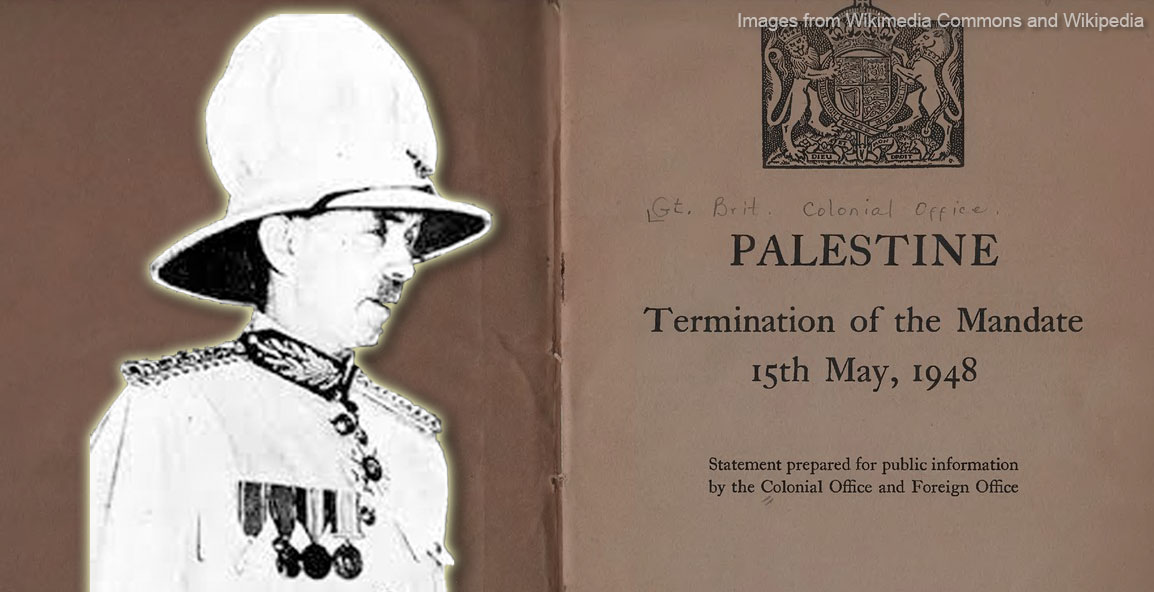
- 1.5KShares
- Facebook1.5K
- Twitter6
- LinkedIn11
- Email8
- WhatsApp37
Sir Henry Gurney is likely one of the most well known British officers among Malaysians, since we’ve been naming various things after him – schools, roads, a library, and even… a burger stall (which is located in Jalan Henry Gurney, Melaka)
Or else, you surely remember his name being mentioned in the Sejarah textbook.
However, one thing the Sejarah textbook does not mention was how he was the Chief Secretary in Palestine before coming to Malaya. To be exact, he held the role during the final two years the British were in control of Palestine before Israel announced its independence.
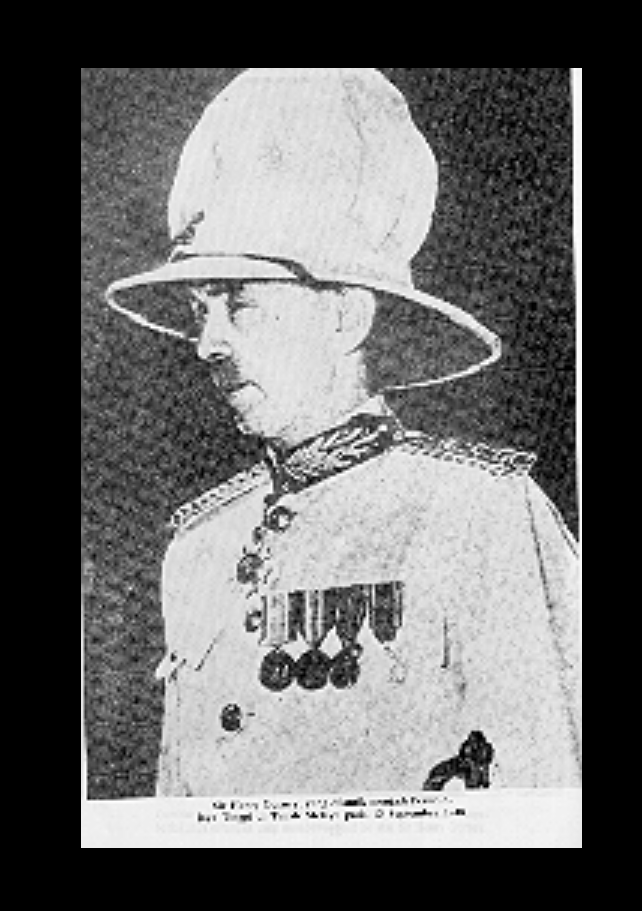
So, how on earth did he end up in Palestine in the first place? To understand this, we gotta travel back to the 40s when…
Britain promised the Jewish Zionists a state of their own
British actually played a HUGE role in the formation of Israel. When World War 1 happened, Britain signed a secret pact called the Sykes-Picot Agreement in 1916 with France alongside Russia to bring the Ottoman Empire down.
In return, each of these countries would be getting a piece of land that belonged to the Ottoman Empire. One of Britain’s share of land was Palestine.

A year later in 1917, the British govt sent a letter to the Jewish Zionist community in Britain claiming that it will be finding them a forever ‘national home’ (state especially for the Jews to settle down). This was known as the Balfour Declaration and the land it promised the Jewish community was no other than Palestine, which wasn’t even Britain’s at that time.
Btw, to avoid confusion, Zionists are people who believe in the pursuit of an independent Jewish state (aka Israel), so it doesn’t necessarily refer to Jews as a whole. Harap maklum.
Anyway, thanks to the pact, the British managed to take control of Palestine in 1918. In fact, the British govt was assisted by the Arab Revolt, who were convinced that they’ll be getting their independence after bringing down the 400-year-old Ottoman Empire.
So, the British govt was given a mandate over Palestine, which was approved by the League of Nations (an organisation like the United Nations but to solve the WW1 crisis). Unfortunately, some residents in Palestine, which comprised not just of Arab Muslims but also Christians and even Jews, began to realise that the British were actually working together with one Zionist group known as the Jewish Agency.
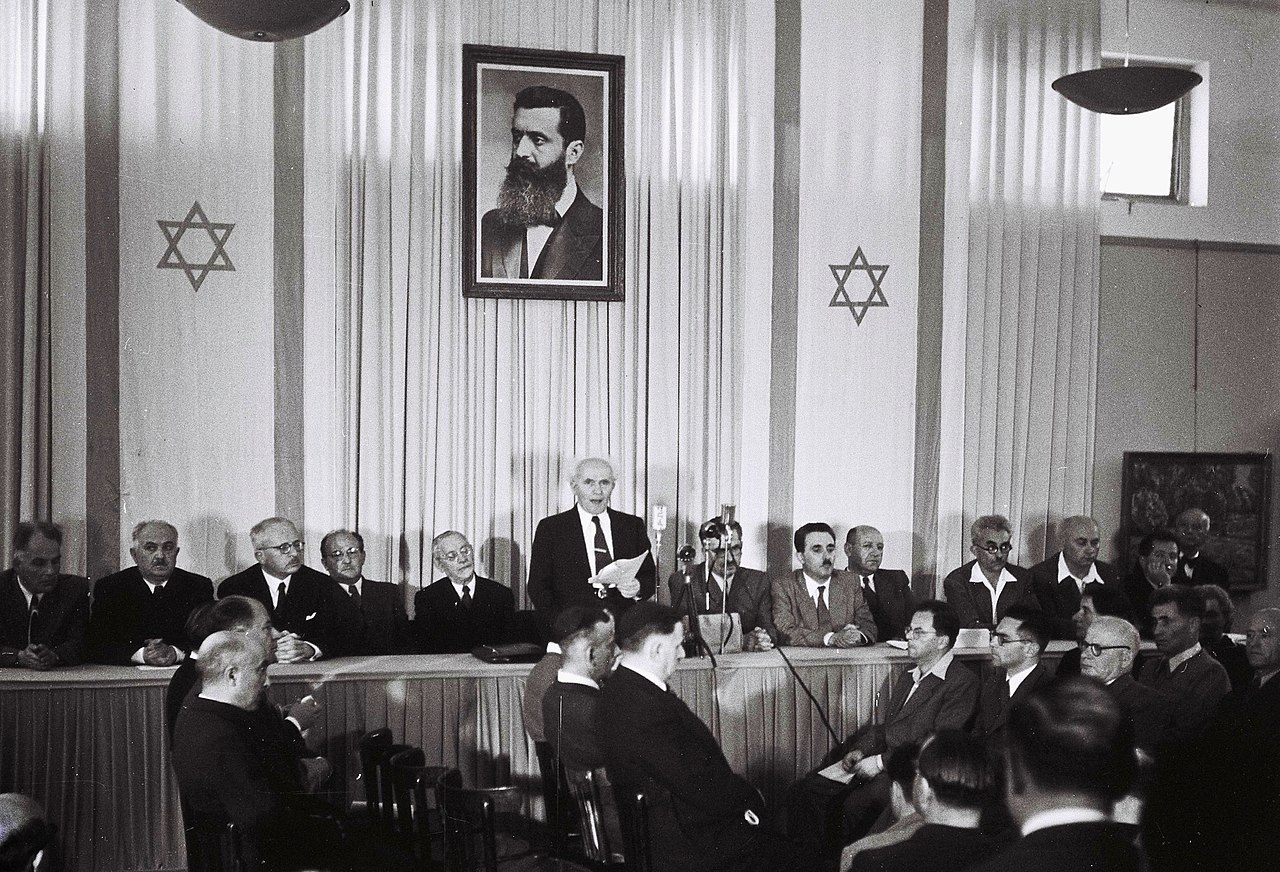
It gets pretty complicated, but the eventual outcome of this entire arrangement didn’t only cause revolts and war between the Arabs and Jews; but also sparked conflict towards the British govt, most severely the Jewish Insurgency started in 1944 by Zionist paramilitary underground groups.
Ok, CILISOS. But when did Henry Gurney come into the picture???
Henry’s task was to solve the Jewish Insurgency
In 1945, the Zionist paramilitary group, Irgun Zvai Leumi renewed a revolt against the British govt. It was so horrible to the extent that the Chief Secretary at that time, John Shaw, received death threats. He was eventually sent back to Britain for his safety.
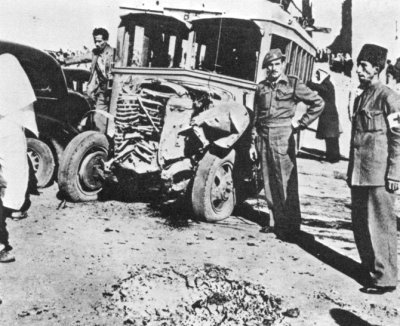
See, this job isn’t for just any Tom, Dick, or Harry. So the British govt got a Henry instead. The reason Henry Gurney was picked was that, for one, he treated his job as… a job. You see, Henry was more invested in administration work and wasn’t really a kepochi with the locals or their politics. His expertise in his job gained him promotion after promotion, which led to the role of the Chief Secretary in Palestine.
Henry arrived in Palestine when the British govt was using armed forces to arrest the terrorist groups. Some of the people arrested were from the Jewish Agency.
So, Henry thought of resolving the insurgency with a more diplomatic approach instead. He worked together with the colonial secretary, Arthur Creech Jones, in focusing to improve the relationship between the British govt and the Jewish Agency. They also suspended all search operations by the army in residential areas and released some detained members from the Jewish Agency’s executive committee.
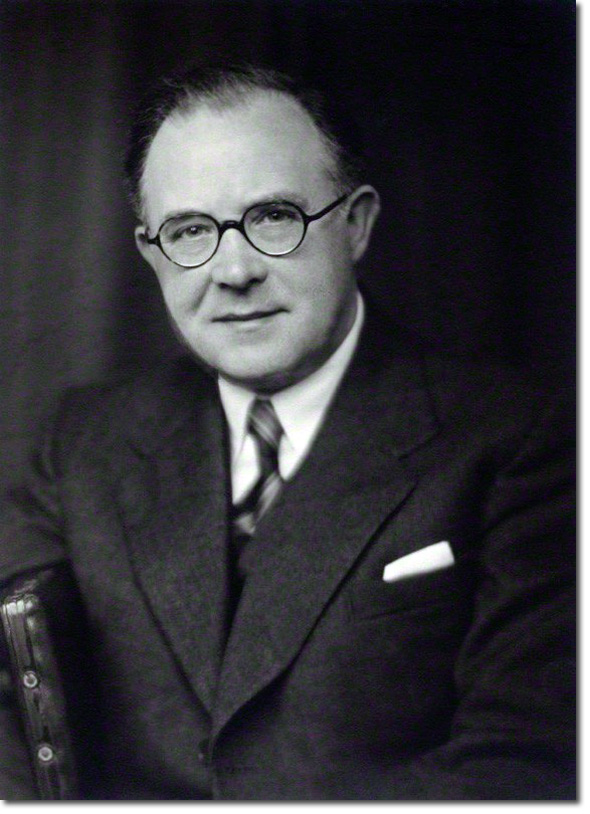
Henry also opted for political negotiations, which he considered a long-term solution for this insurgency. He wanted to use this approach in hopes that the locals would be able to trust the British govt again.
However, some people in the British cabinet disagreed with Henry’s method. To them, asserting aggressiveness by the armed forces could regain Britain’s control over Palestine. And, unfortunately, this method was what the British govt went with.
The results were bloody. This insurgency itself cost 141 British soldiers and police lives. It also killed 40 members of the Zionist terrorist group. On top of that, the British govt absolutely lost the locals’ trust.
Seeing this, Britain had no other option left but to hand Palestine and its problem to the United Nations to resolve the crisis. The UN, in return, suggested a two-state solution – one for the Palestinian Arabs and the other for the Jewish Zionists.
This may seem like a plausible solution at first glance, right? Even our very own PM Muhyiddin Yassin recently stated his support for this solution as well.
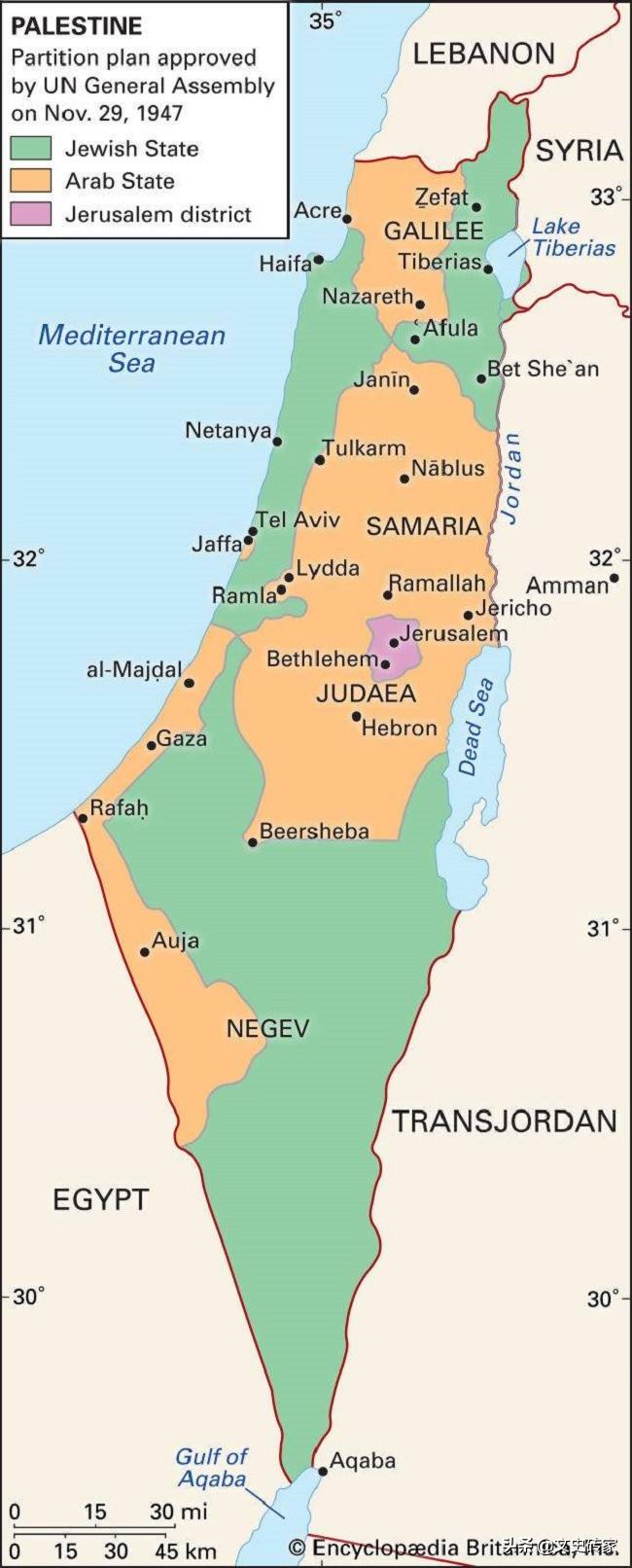
But this only sparked rage amongst the Arab people, who were the main residents of Palestine. The UN’s suggestion started a civil war between the Arabs and Jewish Zionists, where over 4,000 people – Arabs, Jews, and British alike – were killed. To add salt to the wound, the Zionist paramilitary groups attacked a small village in 1948 called Dier Yassin, killing more than 107 Palestinian Arabs. This was known as the Dier Yassin massacre. And the Arab-Jewish war can still be seen up till today even after Israel declared its independence in May 1948.
So… where did this put Henry? While it seemed like he couldn’t do much about the whole situation since the British govt no longer wanted to help Palestine with its crisis anymore, he was actually furious at his own govt and the Zionist groups. And that’s because he saw an aimless war that could’ve been solved should a proper policy was properly articulated by the British govt.
This may be why…
Henry implemented what he learnt from Palestine in Malaya
In October 1948, the British govt needed someone to replace another High Commissioner to Malaya who was killed in a plane crash. They were looking for someone who had the expertise to deal with trouble far greater than the ones they faced in Palestine – the Malayan Emergency.
And guess who was the perfect fit for this role thanks to his experience in handling the Palestine crisis? Sir Henry Gurney.
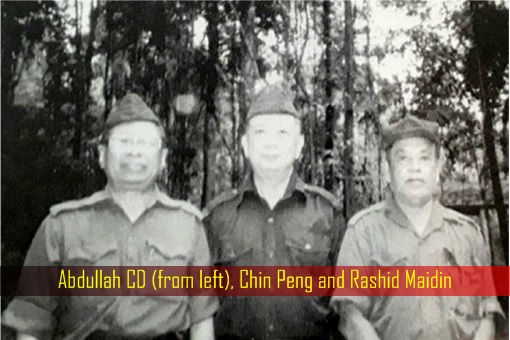
Thanks to the things he witnessed in Palestine, Henry learnt to differentiate when to use the police and armed forces when handling insurgencies. In Malaya, he went against the British plan at the time and pushed for counterinsurgency measures to be handled by the police (which was mainly comprised of local Malayans) instead of by the British army. Henry and Lieutenant-General Sir Harold Briggs eventually formed a series of plans under what is commonly known as the Briggs Plan.
“[T]he lesson has not apparently yet been generally learnt that the answer to Communist terrorism equipped with modern arms is not the soldier but the policeman… It is of immense political advantage in restoring confidence if the inhabitants of this country can be organised and led to put their own security house in order, rather than have the impression that it is being done for them by troops on whose inevitable departure there will be no guarantee of peace.”
– Henry Gurney in a letter to Creech Jones, from Securing the Colonies for the Commonwealth: Counterinsurgency, Decolonization, and the Development of British Imperial Strategy in the Postwar Empire.
So, instead of using the armed forces to assert control, the British govt used the police and armed forces to secure the grounds, showing that they were protecting the people of Malaya under this plan. In addition, they also relocated the Malayan settlers and provided aid for the settlers whilst turning public support against the communists.
The result of this plan? Not only did the British govt defeat the communists and end the Malayan Emergency in 1960, but it also eased the transfer of power from the British govt to the Malayan people. In fact, the Federation of Malaya was also able to declare its independence three years before this emergency ended.
This may be why many people in Malaya mourned Henry’s death when he was killed by the communists in Fraser’s Hill. In fact, his death was said to be a huge loss as he was considered the voice of moderation in not just Malaya but Palestine as well.
If you enjoyed this story and want more like this, please subscribe to our HARI INI DALAM SEJARAH Facebook group.
- 1.5KShares
- Facebook1.5K
- Twitter6
- LinkedIn11
- Email8
- WhatsApp37

